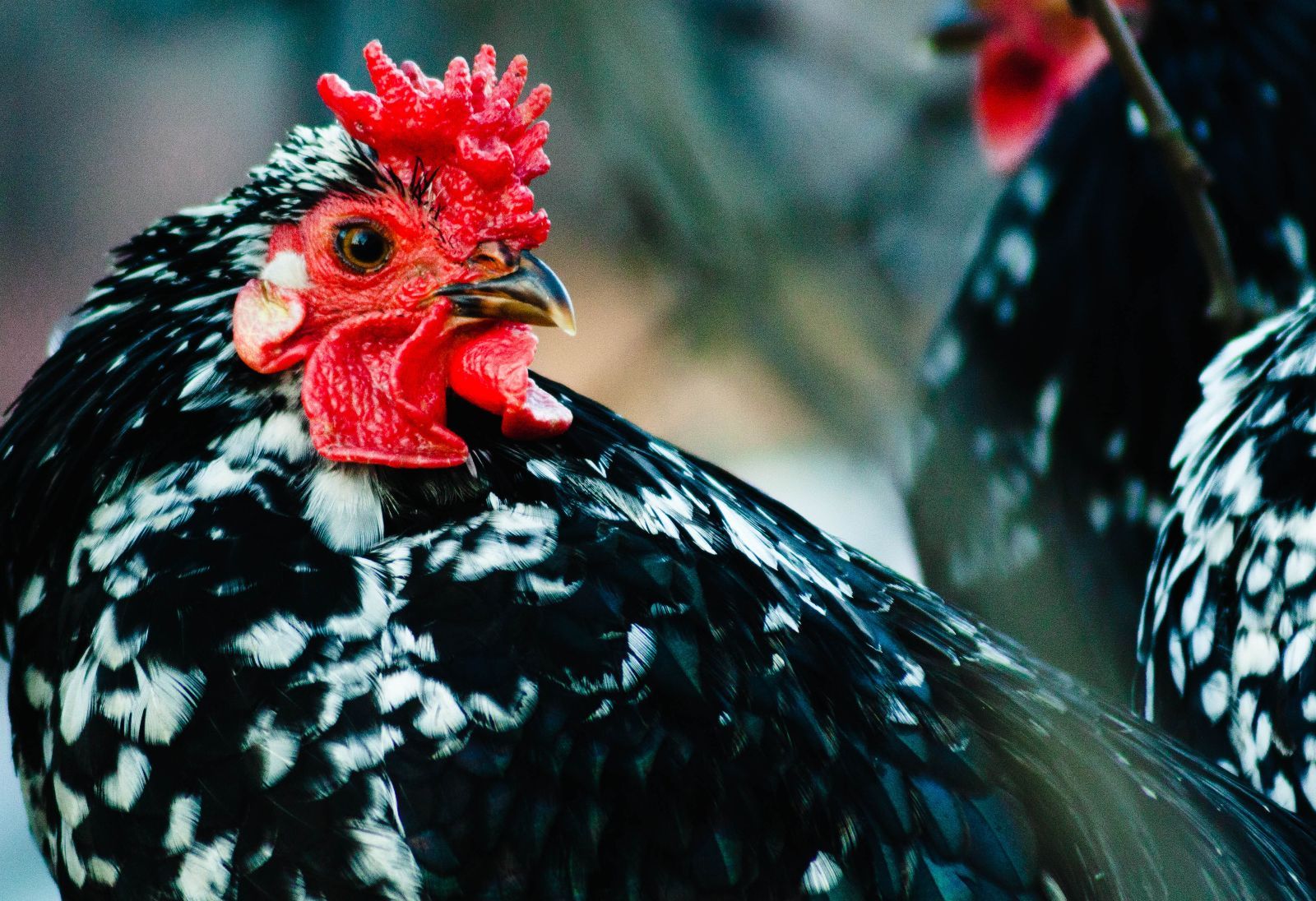At a time when food safety and security are more crucial than ever, Singapore-based food tech companies are reinventing the menu by offering sustainable solutions to how food is being produced and novel ways to enjoy a bite. In the third of this four-part series, Andrew Ive, managing director of Big Idea Ventures, reveals why Singapore is a key player in the alternative protein industry
The alternative protein industry, which includes cell-based and plant-based companies, has been mushrooming over the last few years spurring a movement to change the way we eat. The products may be different but their collective goal is to repair our broken food systems and achieve a more sustainable future by reducing global meat consumption and replacing them with other protein-rich solutions.
Food security is a precarious issue especially in Singapore where arable land is scarce and produce is generally imported. However, the government is strategically focusing on producing 30 per cent of the population’s nutritional needs by 2030 through an innovative route. With scores of industry experts, like-minded investors, and an open-minded dining scene, Singapore offers a promising ecosystem for the following food tech companies to thrive and launch their global crusade to change how food is made, distributed and consumed right here on our shores.
(Related: Eat Just's Josh Tetrick on Why Singapore is Betting on Cultured Meats)

The top-line mission for Big Idea Ventures, a New York- and Singapore-based venture capital and accelerator firm founded in 2018, is “to solve the world’s greatest challenges by supporting the world’s best entrepreneurs”. Backed by investors such as Singapore’s Temasek Holdings and US food giant Tyson Foods, the firm’s first fund—the $50 million New Protein Fund in 2019—focused on cell-based meat, seafood and dairy products, as well as those facilitating the ingredients and technologies in the ecosystem startups. In 2021, the company will be opening new offices in France and India. Its New York-based founder and managing general partner Andrew D Ive believes that cell-based food tech, instead of plant-based, is the long-term solution. He shares why he’s investing in the world of alternative proteins.
(Related: Karana Founders on Creating Asia’s First Plant-Based Meat Alternative Using Jackfruit)

